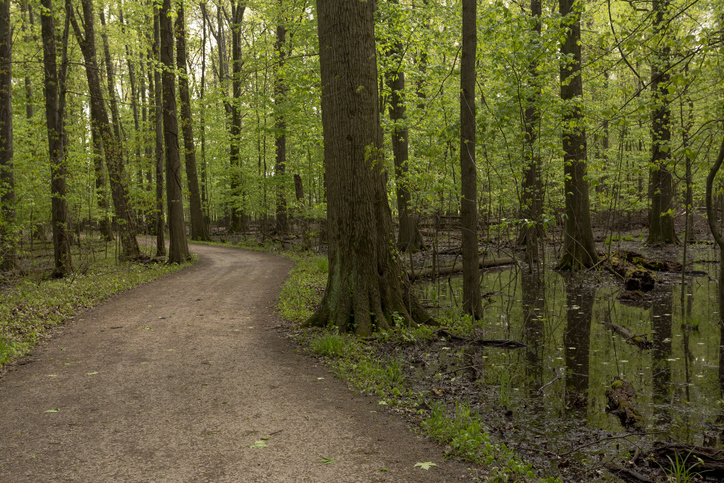Joint Solicitation Is Our Best Chance to Build a Networked Offshore Wind Grid
May 22, 2023
The six New England states are uniquely positioned to solve one of the greatest energy concerns of our time.
Our overreliance on natural gas, which supplies around half of the region’s current electricity needs, exposes our grid to reliability risks and exposes ratepayers to extreme price volatility. Pair the risks and volatility with the projected demand increase from the electrification of cars and buildings to meet state climate objectives, and the need for renewable energy generation resources becomes clear.
Offshore wind is an ideal solution. Alongside other renewables, it will help states decarbonize their energy sectors, and it is a powerful resource that offers cost stabilization.
Recognizing offshore wind’s economic and environmental value, the states have come together to seek federal funding to deploy the necessary grid infrastructure that will deliver energy from prospective offshore wind projects to the New England power grid.
The states’ study of the grid in coordination with ISO New England, a nonprofit that oversees wholesale electricity regulation in New England, and interested transmission and offshore wind developers has yielded critical insight into the value of proactive planning for upgrades of onshore grid assets and the buildout of offshore transmission.
Together, the states have proposed a Joint State Innovation Partnership for Offshore Wind for the selection of cost-effective, environmentally friendly, and equitable regional transmission solutions. Their plan would include development of a networked offshore grid that allows projects to connect to the power grid through a common cable system instead of building standalone transmission for each project. And that network could grow to become a networked, interregional transmission system for the East Coast.
An innovation partnership is the best once-in-a-lifetime opportunity we have right now to reduce the number of cables needed to send offshore wind to the power grid, thereby materially reducing the effects of infrastructure on marine life, critical ecosystems, and people, while saving millions for ratepayers and creating high-quality, family sustaining jobs.
To realize those benefits, the states should come together to issue a joint solicitation for the procurement of transmission solutions, as set out in their innovation partnership proposal, before projects are set in stone. There should also be a transparent plan for this solicitation process, along with public comment opportunities and proactive outreach to potentially impacted communities early in the process, when alternatives are still being considered.
Rhode Island was a critical partner in the development of the grid innovation proposal and bringing the New England states together to submit a funding application to the U.S. Department of Energy last week for the plan. The state should continue with that collaborative spirit and call for a joint solicitation to ensure there is no delay in planning should the federal government award funding for the states’ proposal.
Proactive planning and investment in a regional transmission system to support Rhode Island’s climate goals is as critical as the clean generation resources it has worked so hard to secure. And together, the New England states can champion a networked offshore system that will deliver the benefits of offshore wind for decades to come.
Amanda Barker is a policy advocate at the Green Energy Consumers Alliance.




Now this is what I have been advocating for rather than have all stakeholders gathered together and saying why this can’t be done ask the question how would you do this if it could be done. This way we would come up with a viable project that takes all variables into consideration.
Thank you
Just more greenwashing from the renewable industrial complex. These plans have a single, fatal flaw: they are reliant on the pipe-dream that there is some affordable way to store surplus electricity at scale. Power prices will soar, making more or less everything more expensive, and there will be frequent blackouts. Plus our sustainable fishing communities will be destroyed forever. https://cornwallalliance.org/2023/05/the-wind-and-solar-power-myth-has-finally-been-exposed/
Public private partnerships are a scam: https://youtu.be/V0kkHaFVRRM